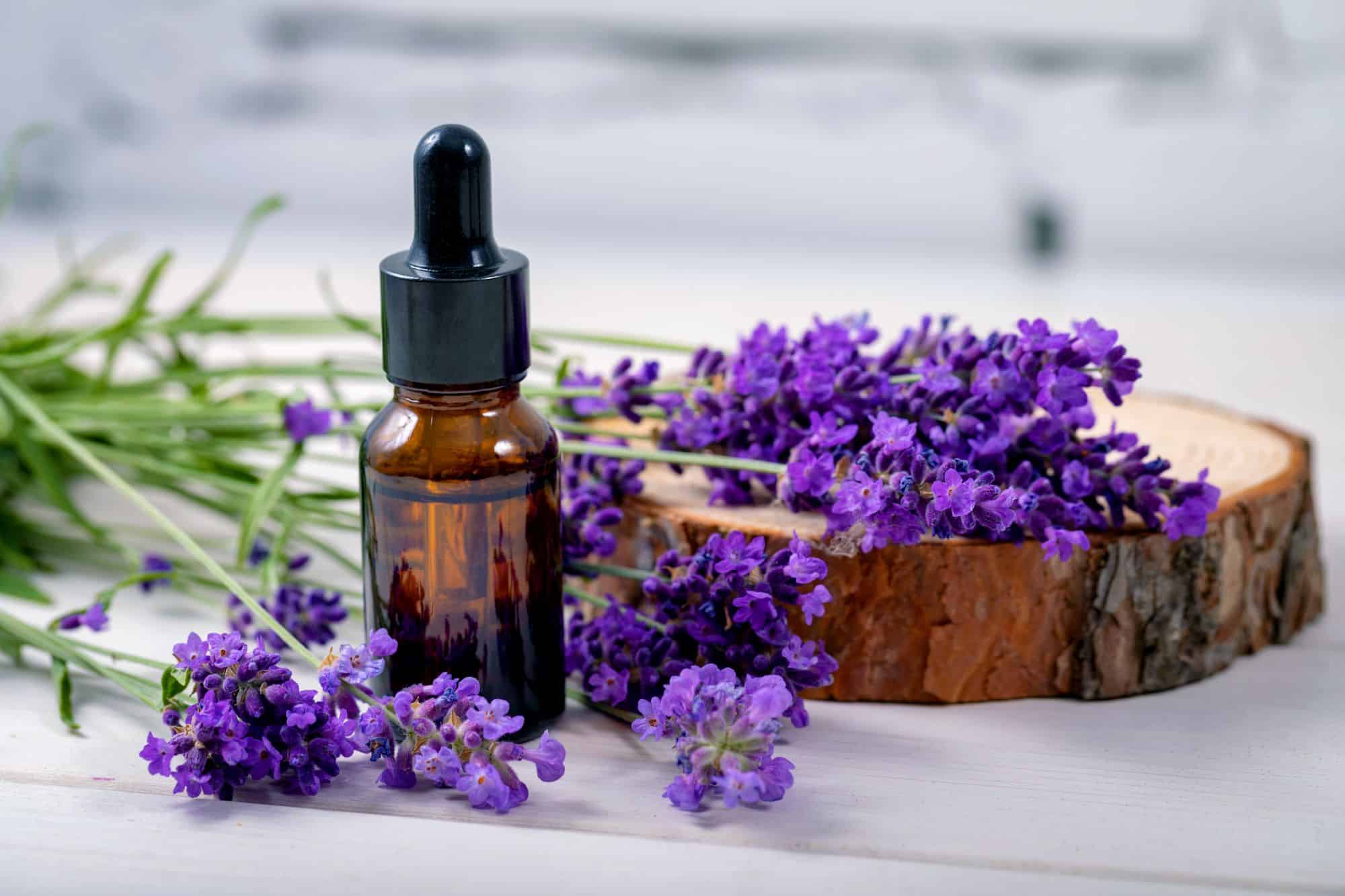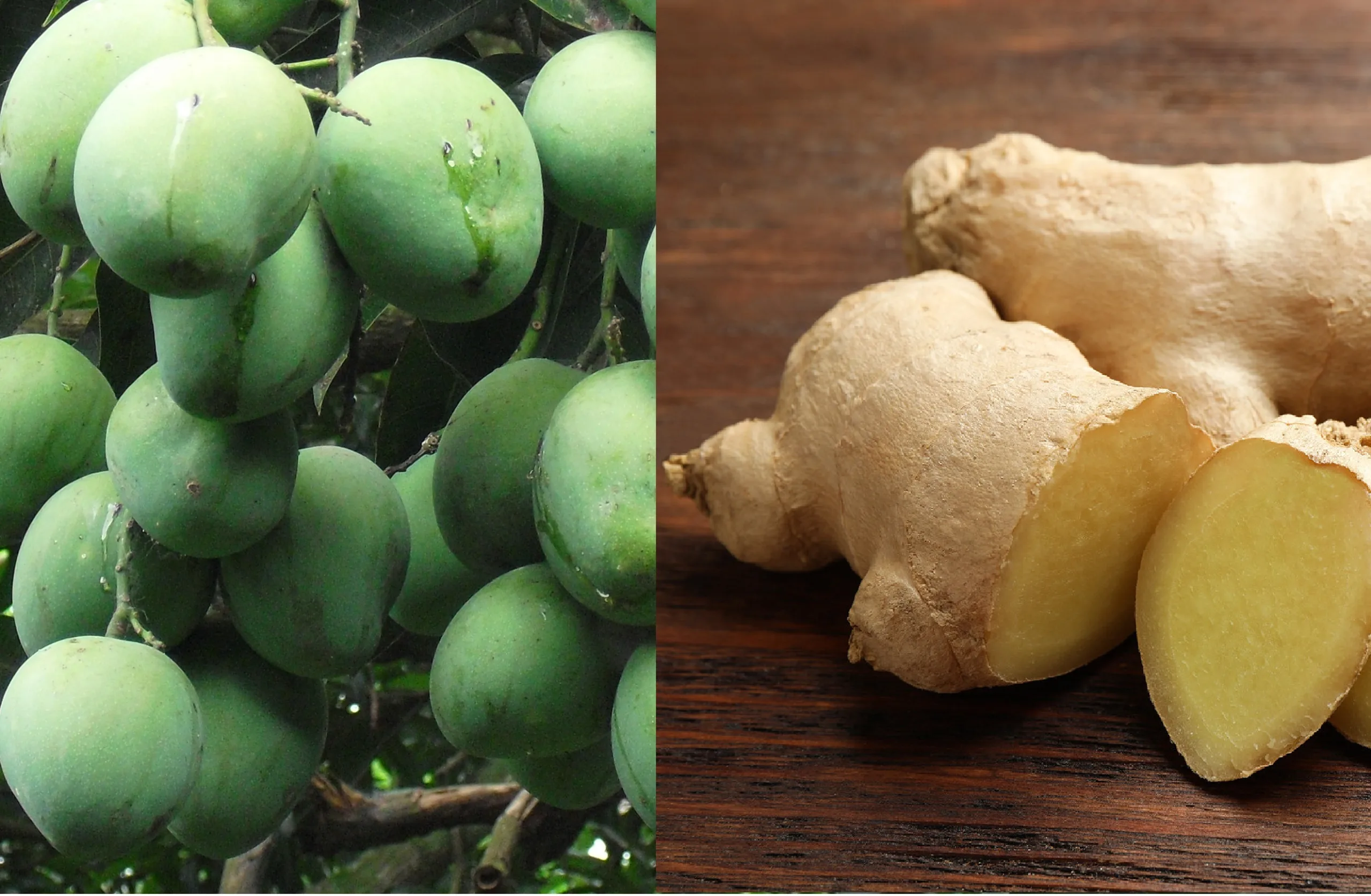Breaking Free from Depression: Unconventional Strategies for Mental Freedom

Alternative Depression Treatments, Natural Remedies for Depression, Mindfulness and Meditation, Herbal Remedies for Depression, Aromatherapy for Depression, Nutritional Psychiatry, TMS Therapy, Depression Recovery, Mental Wellness, Alternative Therapies for Depression, Holistic Approaches to Depression, Depression Treatment Options, Mental Health Awareness, Self-Care for Depression, Depression Support.
Depression is a complex and debilitating mental health disorder affecting millions globally.
While medication and therapy are standard treatments, many individuals are exploring alternative approaches to manage their symptoms. In this blog post, we’ll examine the latest trends and research on alternative treatments for depression, providing a fresh perspective on this important topic.
- Mindfulness and Meditation: The Power of Presence
Mindfulness practices, including meditation and yoga, have gained significant attention for their potential to alleviate depressive symptoms. By fostering present-moment awareness, individuals can reduce rumination and enhance self-compassion.
Preparation and Usage:
- Start with short meditation sessions of 5-10 minutes.
- Gradually increase the duration as you become more comfortable.
- Find a quiet space and sit comfortably.
- Focus on your breath or a chosen mantra.
- Utilize guided meditation apps or YouTube channels for support.
- Herbal Remedies: Nature’s Pharmacy
Certain herbs, such as St. John’s Wort, Saffron, and Ashwagandha, have been studied for their antidepressant properties. While more research is needed, these natural substances offer promising alternatives to conventional medication.
Preparation and Usage:
- Consult with a healthcare professional before using herbal supplements.
- Follow recommended dosages and preparation methods:
- St. John’s Wort: 300-500 mg, three times a day.
- Saffron: 30-50 mg, twice a day.
- Ashwagandha: 300-500 mg, twice a day.
- Aromatherapy: The Scent of Serenity
Essential oils like Lavender, Bergamot, and Frankincense have been shown to reduce anxiety and improve mood. Aromatherapy can serve as a complementary tool in managing depressive symptoms.
Preparation and Usage:
- Use a diffuser to disperse essential oils in your space.
- Alternatively, apply a few drops to pulse points.
- Lavender: Promotes relaxation.
- Bergamot: Uplifts mood.
- Frankincense: Reduces anxiety.
- Nutritional Psychiatry: Food for Thought
The gut-brain axis is a critical area of research, highlighting the impact of nutrition on mental health. A balanced diet rich in omega-3 fatty acids, vitamins, and minerals can support mood regulation.
Preparation and Usage:
- Incorporate omega-3-rich foods (e.g., salmon, walnuts) and vitamin D-rich foods (e.g., fatty fish, egg yolks) into your diet.
- Consider supplements after consulting with a healthcare professional.
- TMS Therapy: A New Wave in Brain Stimulation
Transcranial Magnetic Stimulation (TMS) is a non-invasive procedure that has shown efficacy in treating depression. This innovative approach offers hope for those who have not responded to traditional treatments.
Preparation and Usage:
- Consult with a healthcare professional to determine if TMS therapy is suitable for you.
- Follow the recommended treatment protocols and schedules.
Conclusion
Alternative treatments for depression provide a beacon of hope for those seeking complementary approaches. While these methods should not replace conventional care, they can be valuable additions to a comprehensive treatment plan.
Stay Updated
For more insights on mental health, wellness, and alternative treatments, follow our Website. Join our community to access:
- In-depth guides on alternative therapies
- Expert interviews and thought leadership pieces
- Trending news and research updates
Visit us today to explore the latest trends in alternative treatments for depression! Feel free to modify any sections as needed!

